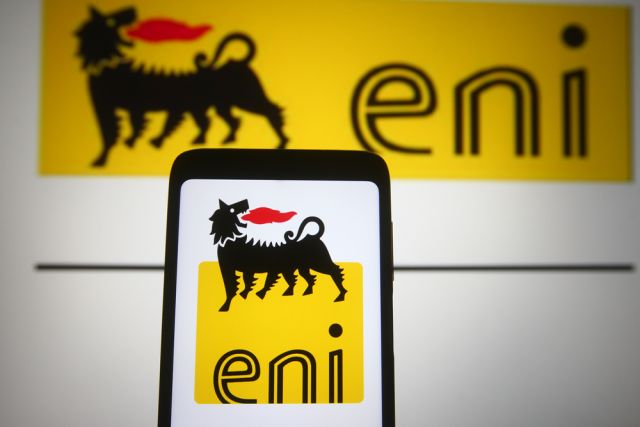
Eni is continuing to work on several additional transactions to support the company’s portfolio and debt reduction. (Source: Shutterstock)
Eni SpA, which has a binding agreement to divest its Alaskan assets to Hilcorp Energy Co., expects to close the deal before year-end 2024, according to the Italian company. The financial terms of the divestment were not disclosed.
Per the agreement, Eni will divest 100% interest in its Nikaitchuq and Oooguruk assets in Alaska.
The deal is part of Eni’s push to high-grade its upstream portfolio, Eni CEO Claudio Descalzi said July 26 during the company’s second-quarter 2024 webcast. The planned Alaska divestment will assist Eni in reducing its leverage, Descalzi said.
When the deal was announced June 27, Eni said it was consistent with its strategy to focus on the rationalization of its upstream activities. This strategy calls for a rebalancing of the company’s portfolio and divesting non-strategic assets.
Hilcorp is the biggest oil and gas operator, and natural gas supplier in Alaska. The Houston-based company initially entered Alaska in 2011 as larger producers were exiting the Cook Inlet Basin. Hilcorp boasts over $1 billion in investments in the Cook Inlet and has produced over 700 Bcf of gas since entering Alaska, the company said in a statement on its website.
Eni is continuing to work on several additional transactions to support the company’s portfolio and debt reduction, Descalzi said.
“We have good assets,” Descalzi said. “So, we have a lot of talks with different kind[s] of entities and companies that they are interested [in] our asset[s].”
Second quarter 2024 results
Eni reported pro forma adjusted EBIT of €4.1 billion (US$4.44 billion) in the second quarter 2024 and adjusted net profit of €1.5 billion (US$1.62 billion), the company said in its quarterly financial statements. This compares to pro forma adjusted EBIT of €4.2 billion (US$4.54 billion) in the second quarter 2023 and adjusted net profit of €1.9 billion (US$2.05 billion).
Eni reported an average hydrocarbon production of 1.71 MMboe/d in second-quarter 2024, up 6% compared to 1.62 MMboe/d in second-quarter 2023.
Higher production in the second quarter was supported by the Neptune acquisition (about 120,000 boe/d), ramp-ups at the Baleine project in Côte d'Ivoire, the Coral project in Mozambique as well as higher production in Libya, which were partly offset by mature fields decline, Eni said.
Recommended Reading
NatGas Shouldering Powergen Burden, but Midstream Lags, Execs Warn
2025-02-14 - Expand Energy COO Josh Viets said society wants the reliability of natural gas, but Liberty Energy CEO Ron Gusek said midstream projects need to catch up to meet demand during a discussion at NAPE.
NextEra Energy, GE Vernova Partner to Bolster US Grid
2025-01-27 - The CEO of NextEra Energy, which has entered a partnership with GE Vernova, said natural gas, renewables and nuclear energy will be needed to meet rising power demand.
Belcher: Heed the Harsh Lessons from Europe’s Net-Zero Perils
2024-12-30 - The EU’s aggressive climate stance is wreaking economic havoc and mounting regulations could hurt the U.S. LNG industry.
Natural Gas Demand to Grow with Data Centers, Rystad Says
2025-01-15 - Utility companies are planning 17.5 GW of new gas-fired capacity in the coming years in preparation to meet increasing power demands from data centers.
BP Flows First Gas from Greater Tortue LNG Project
2025-01-05 - Once fully commissioned, Phase 1 of the Greater Tortue Ahmeyim LNG project led by operator BP is expected to produce approximately 2.3 MMtonne of LNG annually.
Comments
Add new comment
This conversation is moderated according to Hart Energy community rules. Please read the rules before joining the discussion. If you’re experiencing any technical problems, please contact our customer care team.





